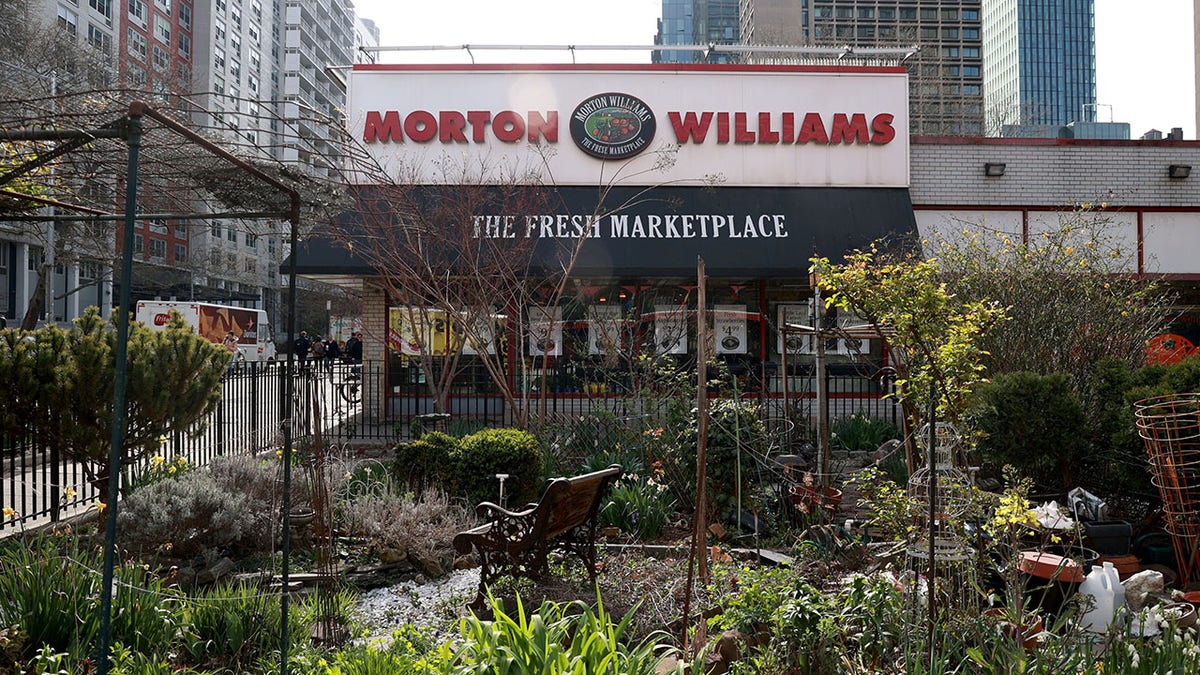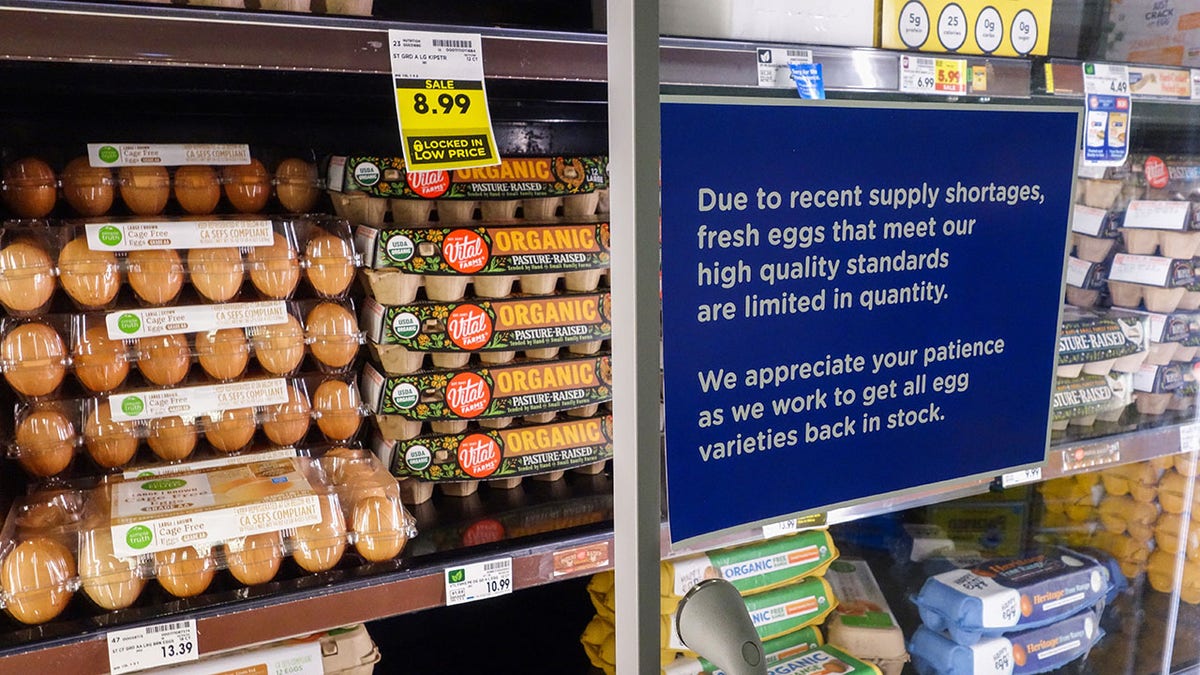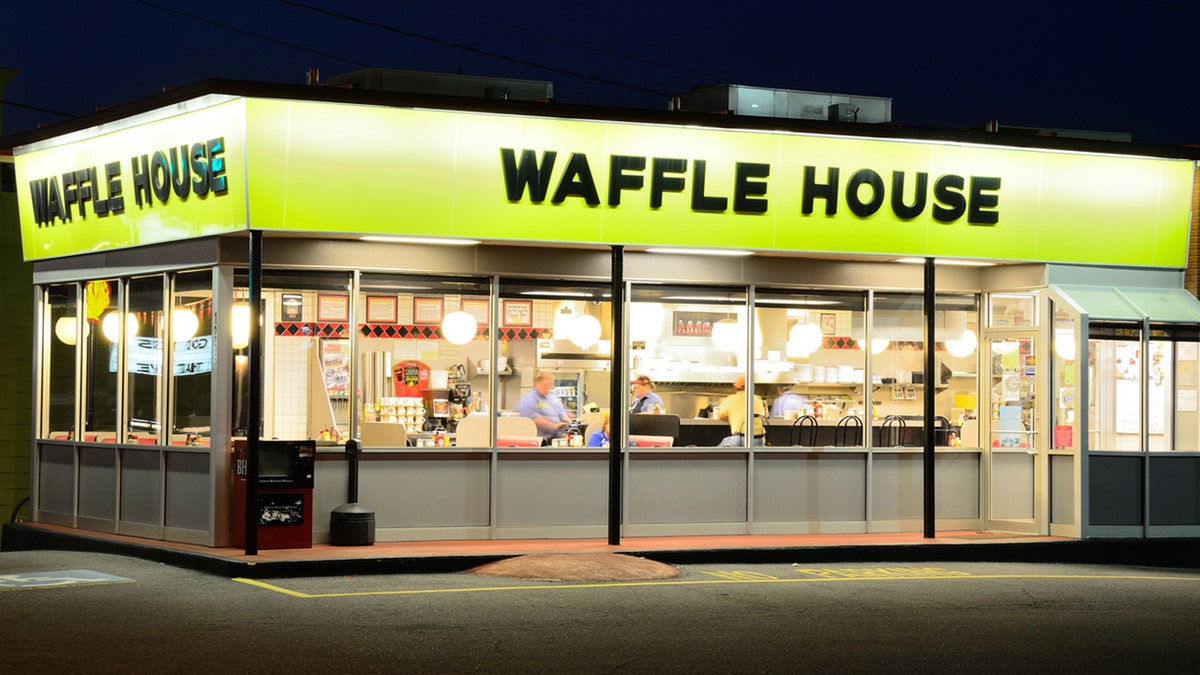The ongoing national egg shortage has created a bizarre pricing inversion in New York City, where organic and cage-free eggs are currently cheaper than conventional ones in some stores. This unusual situation has left consumers bewildered and experts predicting further price fluctuations.
Recent reports reveal that at Morton Williams supermarkets, a standard dozen of store-brand white eggs cost a staggering $9.99, while a carton of Land O'Lakes organic brown eggs was priced significantly lower at $5.59. Similarly, other organic and cage-free options were available for under $10, including Eggland’s Best “vegetarian-fed hens” eggs at $5.69.

This peculiar price difference stems from existing distribution contracts that organic and free-range egg farms have been upholding, despite being impacted by the avian flu, which has decimated poultry populations and driven up prices. However, Joe Viscomi, assistant director of operations for Morton Williams, warns that these contracts are set to expire soon, potentially leading to a surge in organic egg prices beyond the $10 mark.

The avian flu outbreak has necessitated the culling of millions of chickens to control its spread, contributing significantly to the escalating egg prices. While some experts anticipate a market recovery by May, others, like Matt Sutton-Vermeulen, a principal at consulting firm Kearney, remain skeptical.

Across New York City, bodegas have also increased egg prices, prompting consumers to hunt for bargains. Some stores, like the Bryant Park Whole Foods, offer premium eggs for $4.69, demonstrating the wide price variations across retailers.
Businesses are adopting various strategies to cope with these rising costs. The Waffle House, for example, recently introduced a temporary 50-cent surcharge per egg, citing the egg shortage and its impact on both consumers and restaurants. The company intends to review and adjust the surcharge as market conditions evolve.

The White House acknowledges the connection between high egg prices and the dwindling chicken supply, a situation the administration admits it played a role in. This complex interplay of factors continues to shape the egg market, creating an unpredictable landscape for consumers and businesses alike.








